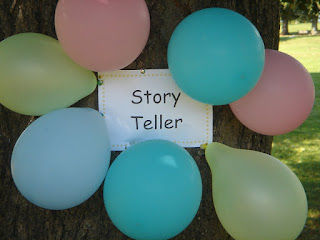Messages and suggestions
Building a marketing message for a product or company is a challenge. Dr. Milton Erickson had an idea about it Our challenge, marketers, is to build an accurate, sharp message that engages with the target audience. There are so many messages we create. the company's messaging product’s messaging, value proposition, company’s message to the employees, communication message, promotional messages. and the list goes on But how can we create a message that is so sharp and creates curiosity, a call to action, and engages with the target audience? It's a challenging task . One of the interesting models, I have been exposed to during my career is the Ericsson model. Named after Dr. Milton Erickson. Erickson became known in the world of therapy, as the new approach to hypnosis . Which means, he believed in storytelling to make a change . This model is based on neurological studies of left and right hemisphere brain functions . The left hemisphere processes information...



